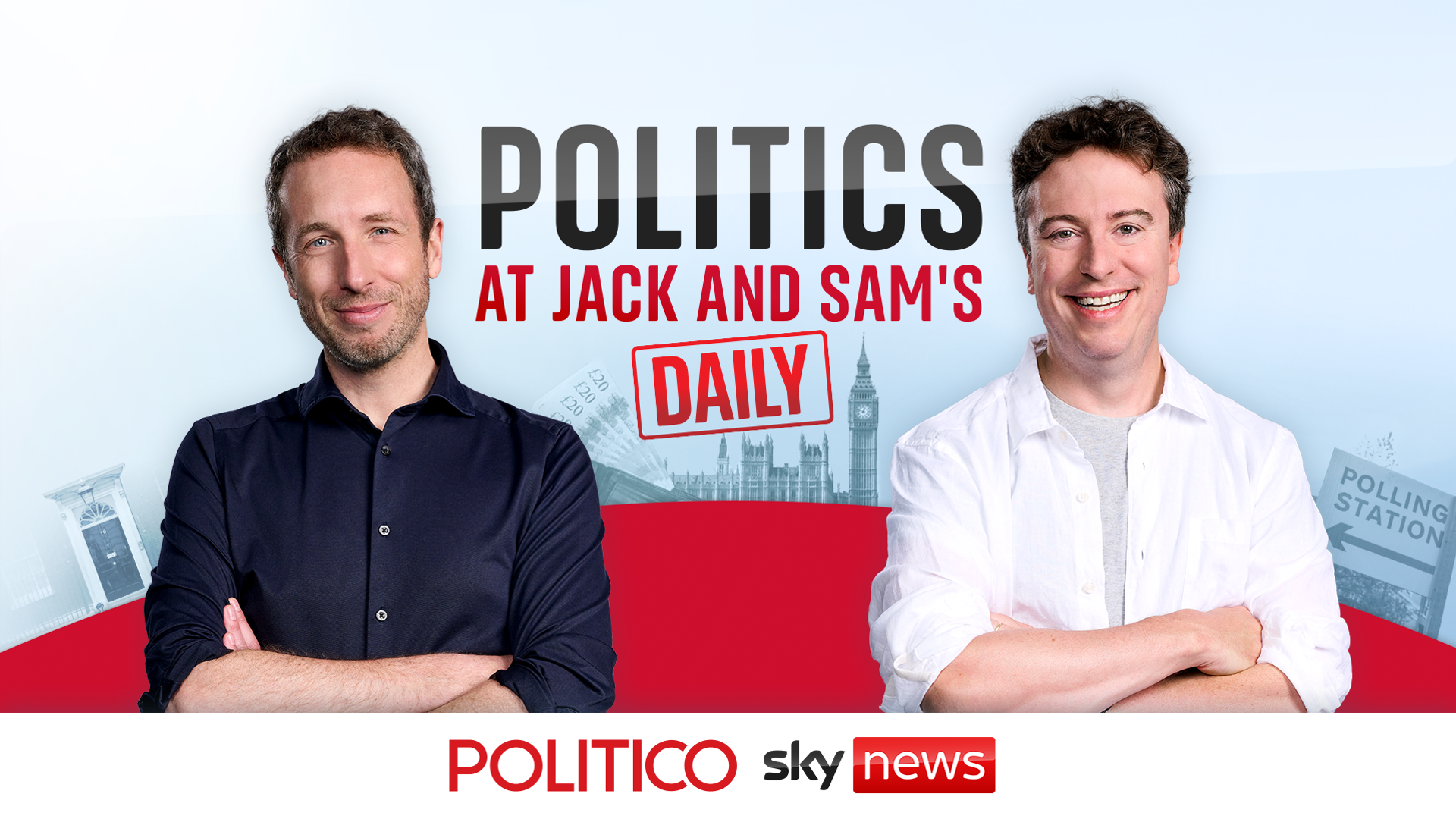
Whose fault is the upcoming Budget – an event that will leave many more of us paying more tax? The run-up to Chancellor Rachel Reeves’s speech has the country in a state of mighty confusion about what the definition of a “working person” might entail. Sir Keir Starmer’s manifesto pledge not to raise taxes, including National Insurance contributions, on this elastically defined group now looks set to be undone as his Chancellor prepares to raise national insurance contributions for employers. We have had several days of confusion about whether this means that the owner of, say, a small building firm with modest margins is an official working dude, or an employer who will be expected to absorb a cost rise.
One group of working people have certainly been busy: financial advisers and accountants working round the weekend clock to deal with clients changing their pension plans or shareholdings. If this is intended (to channel the language of the recent investor summit hosted by Starmer) as a “pro-business” government’s first housekeeping exercise, the advance publicity has done more to unnerve than reassure. Asked if entrepreneurs or investors might quit Britain as a result of any resulting tax changes, the Prime Minister stating that “there is no reason for them to” is not exactly a ringing endorsement – there is something a bit grudging in the way Labour talks to business , which sounds like it is putting up with, rather embracing it.
It is hard to guess with certainty how people will respond to being taxed and the old notion that the rich will simply suck it up is no longer a reliable guide – habits change, competitors flex other offers and a mixture of the last financial crisis and the pandemic has encouraged “safe haven” thinking. But the bigger problem may well be the impact on small- to medium-sized British employers, who will feel the heat of a prospective rise in national insurance at the very time the Government wants to support better quality job creation, deeper training, and job readiness for a changing global economy. In fairness, a mixture of Starmerite pre-election hyper-caution, and being left a challenging hand in the economy over a long stint of Tory rule, led to the pledge to protect fully three-quarters of the revenue stream the Chancellor might otherwise use to fund spending from taxation.
Read Next Rishi Sunak's latest act of stupidity exceeds even his own high standards It has, alas, led to the front bench having to read out odd definitions of who is and who is not “working” – reliant on the kind of small-print exceptions the Tory front bencher Andrew Griffiths says are reminiscent of a “dodgy car hire firm” when it comes to terms and conditions. I have not much relished Labour’s uneasy wordplay and double-think on business. But in the “conspiracy of silence” about this wave of tax rises, it took two to conspire.
The Labour manifesto pledges followed a Conservative untruth – namely that two successive cuts in employee National Insurance (de facto tax cuts because Rishi Sunak could not find a way to deliver a big rate cut “bazooka”) to power the Conservative election campaign were not really affordable either. Sunak, in a swan-song appearance responding to the Budget this week, is likely to highlight belated successes. The UK economic growth, while modest, is outpacing Germany and on a par with France, and inflation dropped to 1.
7 per cent in September. He will claim that is a legacy of sound management in the last year, but that itself is a reminder of how bad the election timing proved – if it was all going to get better, why was the ex-prime minister in such a rush to call a vote he so comprehensively lost to Labour? Politically, Reeves and Starmer have the upper hand this week and their ideal message will be: “Pain now, gain ahead.” The much bigger question is that when all of the taxable pips have squeaked and the non-doms left or stayed , what does a new government, in charge of the country’s fortunes for the next five years at least, believe more fundamental growth and prosperity recipes look like? Some of the answers lie in the Reeves recipe of infrastructure, green tech investment and some support to emerging national champions like AI and life sciences.
Yet just as much will be determined by less flashy businesses, which power a sense of local entrepreneurship, and which create and keep jobs where those “working people” need them – spread out across the country, and in areas where business formation is low. That is the secret sauce of economic success. The warning to a Chancellor on the tax take this week is not to water it down to the point of unpalatability.
Anne McElvoy is executive editor at Politico and host of the Power Play podcast.














